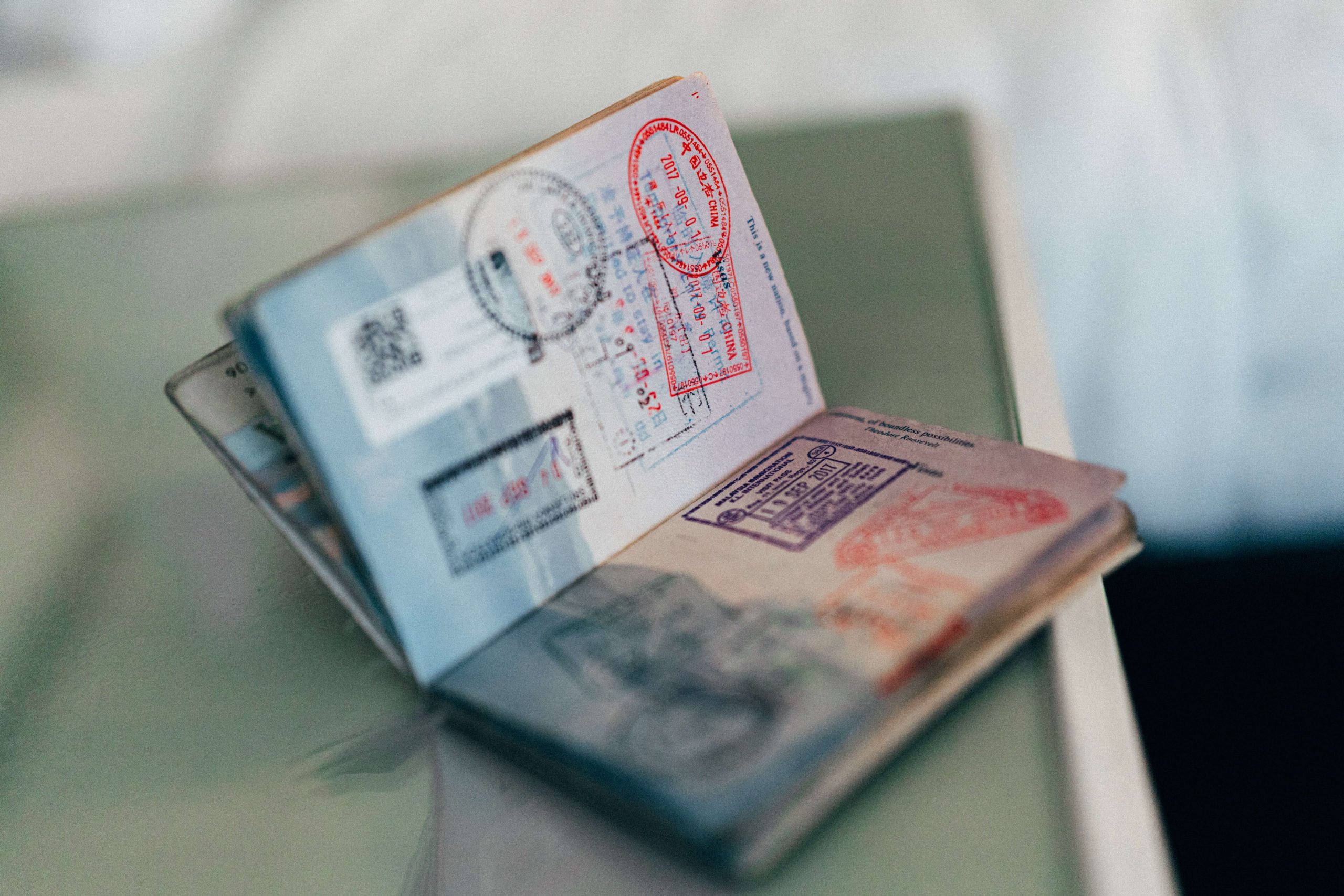On September 30th, 2022, it was published in Official Journal the new alterations, including the digital nomad visa, to the Portuguese legal regime of entry, stay and expel foreign citizens of the national territory.
The new Law No. 18/2022, of August 25th and the Regulatory Decree No. 4/2022, of September 30th, create new kinds of visas and simplify the residency permit regime for citizens of the Community of Portuguese Language Countries (“CPLC”).
The need for these alterations is due to the lack of labour in the country, especially in the hotel sector.
In addition, Portugal is one of the most sought-after destinations for foreigners who wish to relocate to another country due to its warm weather, a privileged location in Europe, beautiful landscapes, high security and low criminality rates, historical connections with countries of Portuguese languages, such as Brazil and European Union membership, which provides for access to European space and market. Due to this demand, it was necessary to adjust the current legislation.
As such, which are the new visas?
Visa for Employment Search
It is created a new kind of visa for the purpose of seeking employment.
This visa allows the entry of foreigners into Portuguese territory to seek and apply for job offers.
The necessary documents to request the visa are the following:
- Declaration of conditions of stay;
- Proof of submission of a declaration of interest for enrolment at the Portuguese Institute of Employment and Training (“IEFP”);
- Proof of subsistence means equivalent to three minimum monthly salaries
This visa is valid for a period of one hundred and twenty days, which can be extended for an additional sixty-day period, taking into consideration the reasons that justified its concession. The extension request must be accompanied by proof of IEFP enrolment and a declaration of the applicant indicating that the conditions of stay have been maintained.
This visa integrates an appointment date at the competent services for granting residence permits within the one-hundred and twenty-day period and grants the applicant, after the establishment and formalisation of the employment relationship, the right to request a residence permit, provided that they fulfil the general conditions for general conditions for the granting of a temporary residence permit.
Visa and Residency Permit for Remote Work (Digital Nomad Visa)
One of the major novelties of the law is the visa for remote work, namely for the so-called “Digital Nomads”.
This digital nomad visa allows remote workers, whether independent or under an employment contract, to work from Portugal to entities with domicile or head offices located outside the national territory without needing another kind of visa.
In situations of employment contract, the digital nomad visa application must be accompanied by documents proving fiscal residence and average monthly income in the last three months of a minimum value equivalent to four guaranteed minimum monthly remunerations and by one of the following documents:
- The employment contract;
- The promise of the employment contract;
- Statement from the employer proving the employment relationship.
In the case of self-employment, the application must be accompanied by documents proving tax residence and average monthly income in the last three months of a minimum value equivalent to four guaranteed minimum monthly remunerations and by one of the following documents:
- Memorandum of association;
- Service provision contract or proposal of service provision contract;
- Document demonstrating the services provided to one or more entities.
In addition to creating the visas, including the digital nomad visa mentioned above, the visa process in other situations was simplified.
Visas for CPLC Citizens
For the cases when the applicant is a citizen of a signatory country of the Agreement on Mobility among the Member States of the CPLC, the visa process was simplified, namely due to the waiver of documents.
As such, for the visa application is no longer necessary to present:
- Valid travel insurance
- Proof of means of subsistence;
- Copy of the return ticket;
- Attend in person to request a visa.
In addition, the process becomes more fluid due to the following alterations:
- The SEF’s prior opinion is not required;
- The responsible services for issuing the visa will consult directly and immediately with the SIS databases;
- The competent services may refuse to issue a visa only if there is an indication that the SIS forbids entry and stay and the applicant does not possess the authorisation provided for underage applicants.
The CPLC residence visa grants the right to apply for a CPLC residence permit.
Temporary stay visa to accompany an applicant for a residency visa
With the new laws, requesting a temporary or residency visa can accompany a family member applying for a residency permit.
This regime allows family reunification without the previous grant of a residency permit to the family member in Portugal.
In addition, Tax Identification, Social Security and National Health Service number are automatically granted.
It is granted to the family member of a permanent residency permit holder, a temporary residency permit valid for two years, renewable for three years periods.
Holders of residence permits for research, study, vocational training or voluntary service
With the recent alterations, holders of these permits may exercise a professional activity, subordinate or independent, complementary to the activity that originated the visa and may register with the IEFP.
Entry and exit of minors
Minors resident in the country who wish to leave the country through the external border unaccompanied by the person exercising parental responsibilities must present an authorisation signed by one of the parents or by the person responsible for them, certified by any of the legally foreseen means.
The above-listed alterations will result in an essential development in the immigration area.
These alterations will ease obtaining a residency permit for foreigners wishing to relocate and settle in Portugal.
With these changes, the Portuguese Government also expects to attract a working force that, at the moment, is necessary for Portugal.
The legal norms concerning these alterations are expected to enter full force on October 30th, 2022.
This article is provided for general information purposes only and is not intended to be, nor should it be construed as, legal or professional advice of any kind. Should you have any questions, please do not hesitate to contact us.

Isabel graduated in 2015 with a Law Degree from the Faculty of Law of the University of Coimbra… Read more




